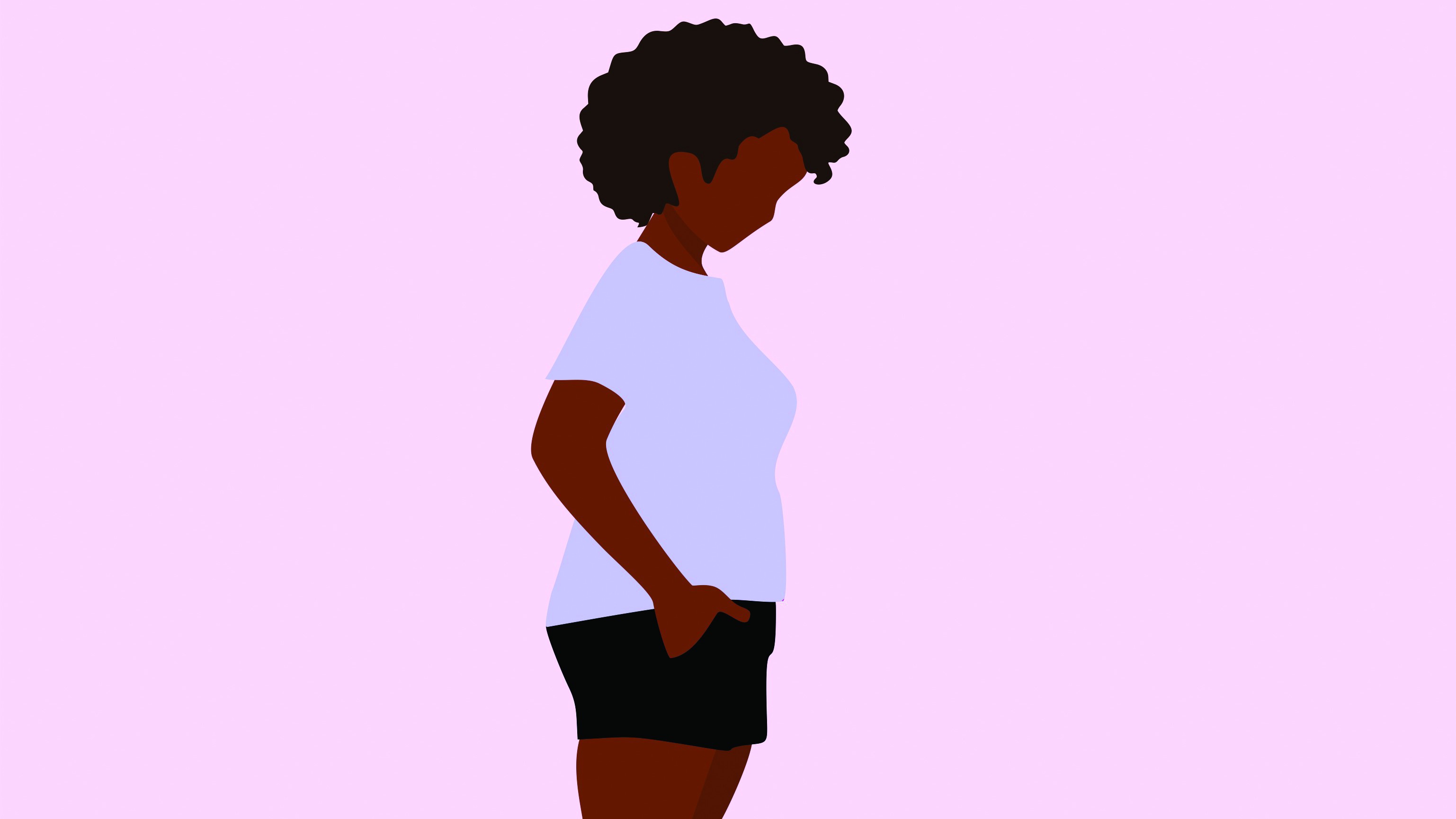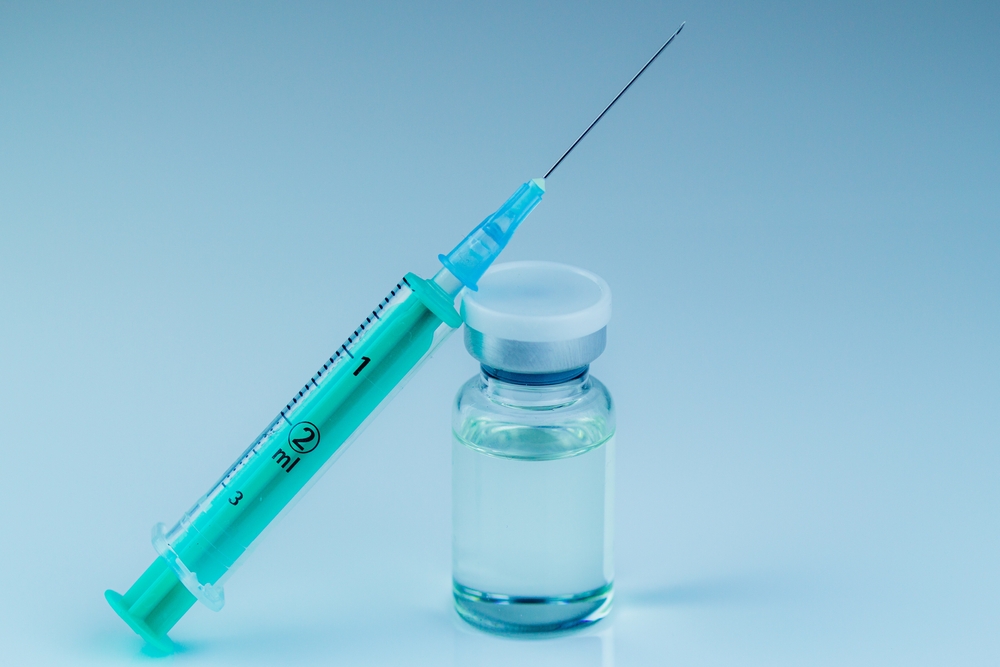Polycystic ovary syndrome (PCOS) affects around one in 10 women of reproductive age. It is one of the most common hormonal conditions seen in clinics, but when it comes to Black women, the conversation often falls short. Both medicine and beauty have blind spots that leave Black women underserved and sometimes harmed.
This is personal as well as professional. As a Black woman with PCOS, and as the founder of Polybiotics, I wanted to ensure that women who look like me could finally see themselves in the PCOS space. Here’s why that representation matters and what doctors in the PCOS space need to know.
By Dr Amina Hersi.
Why does PCOS hit Black women harder?
In the UK, type 2 diabetes is more common and often diagnosed earlier in Black African and Caribbean communities. Hypertension and cardiovascular disease follow the same trend. Layer PCOS on top of that, and the risks escalate.
Research shows that Black women with PCOS are more likely to develop insulin resistance, often a precursor to diabetes, abnormal cholesterol and metabolic dysfunction, even at the same BMI as white women. That can mean an earlier and more aggressive pathway towards diabetes and heart disease.
When the stakes are this high we are placing PCOS into indirect silent killer territory; diagnosis is more important than ever.
In terms of how common PCOS is in Black women, we may have an equal or even higher prevalence of PCOS than white women but due to a combination of bias, clinical invisibility, and systemic barriers, we are less likely to receive an accurate or timely diagnosis.
PCOS is not commonly associated with pain; however, studies also show that Black women are more likely to experience pain with the condition.
Body hair and PCOS
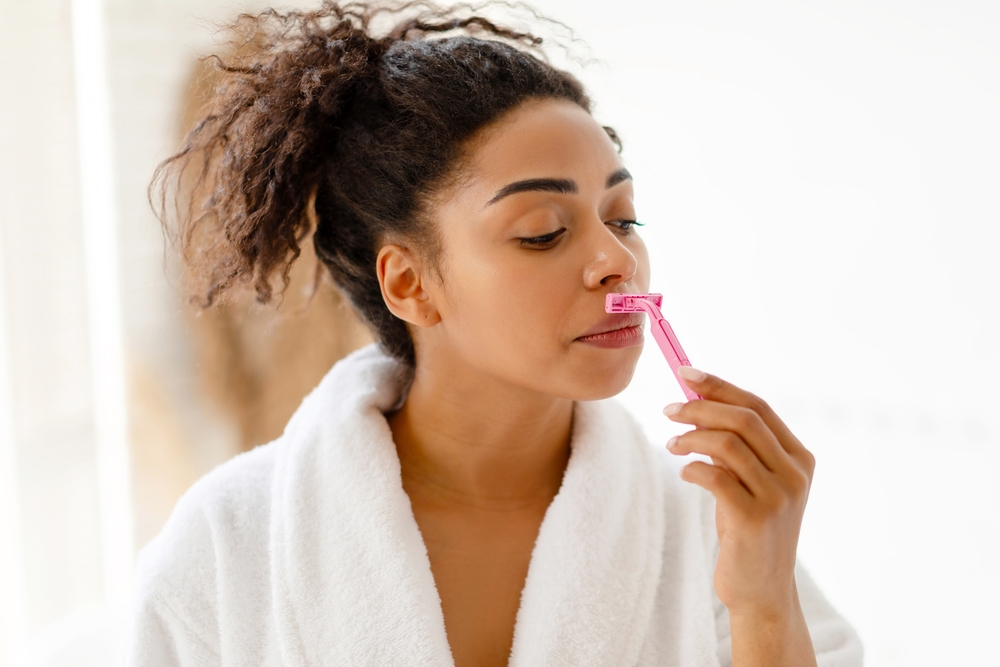
One of the most distressing symptoms of PCOS is hair in unwanted places like the chin, upper lip, neck or chest.
Standard hair removal practices like waxing, plucking and threading aren’t an option for many of us Black women due to the likelihood of hyperpigmentation, which could leave us with a permanent five o’clock shadow.
IPL devices are widely marketed as a solution to excess hair. Yet most have been designed, tested and safety-checked on lighter skin types with dark hair.
The same melanin that protects darker skin absorbs IPL energy, raising the risk of burns, hyperpigmentation and scarring. This means that sometimes, the very tools promoted to women with PCOS are not safe for us. Add this to the fact that laser hair removal can increase hair growth in PCOS sufferers, for Black women struggling with facial hair, this can feel like a double punishment.
While some manufacturers are beginning to widen their safety range, inclusivity in this area is still not mainstream.
The beauty industry has a responsibility: to demand more representative testing, to provide honest advice about device safety across skin types, and to advocate for true inclusivity in product development.
Hair loss in PCOS: androgenic vs traction alopecia
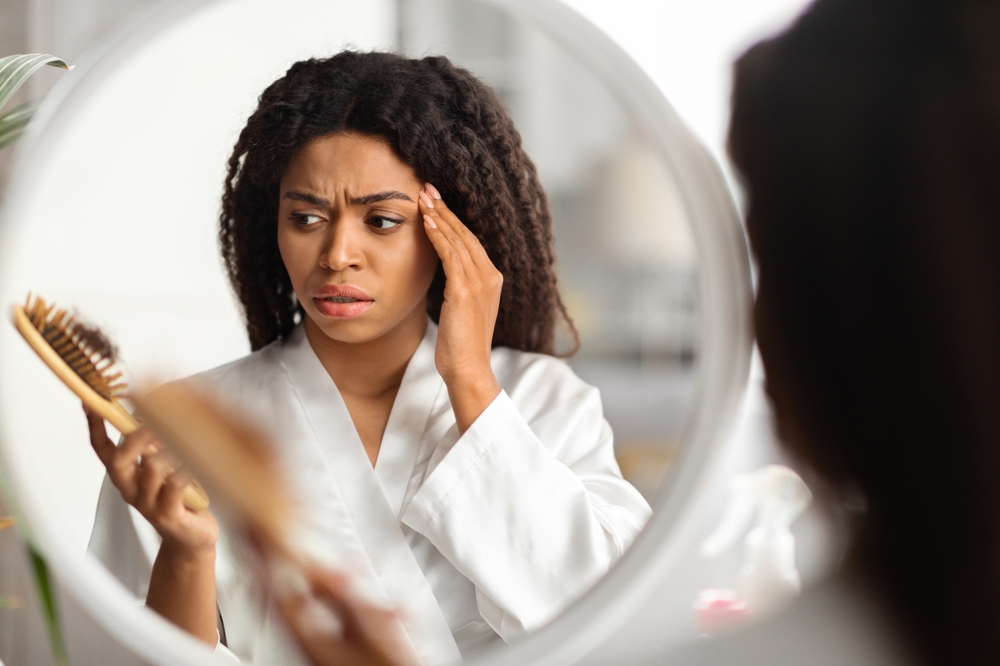
Another under-recognised issue is hair thinning. PCOS can cause androgenic alopecia, which is progressive thinning around the crown and frontal scalp due to elevated hormones like testosterone.
But in Black women, this risk overlaps with traction alopecia, which is more prevalent due to cultural hair practices such as tight braiding, weaves, or chemical relaxers.
The result is a “double hit”: follicles are already vulnerable to hormonal shrinkage, and mechanical stress accelerates the loss.
Too often, clinicians attribute thinning in Black women solely to styling practices, missing the hormonal driver underneath. That risks delayed diagnosis and missed opportunities for treatment.
PCOS and fertility
PCOS is one of the leading causes of infertility worldwide. Irregular or absent ovulation means many women face difficulty conceiving, even if their overall health seems otherwise fine.
But for Black women, the challenge is compounded by systemic barriers. Studies show that Black women are twice as likely to experience infertility compared with white women, yet they are only half as likely to receive fertility treatment.
That disparity is not explained by biology alone. It reflects unequal access to healthcare, cultural stigma, financial barriers, and the dismissive attitudes women face when seeking help.
Within PCOS, there is a real fertility burden. Even women with regular cycles can sometimes fail to ovulate consistently, and untreated insulin resistance can worsen the picture.
Yet diagnosis gaps mean Black women may reach fertility clinics later in the journey, with years of symptoms behind them.
But the hurdles don’t end with the positive pregnancy test. PCOS increases the risk of miscarriages, and being Black already makes us 40% more likely to miscarry, something I’ve unfortunately experienced multiple times.
But of course, the risks don’t end there; those who continue full-term are met with the harrowing statistics of maternal deaths being five times more likely in Black women. This figure has since dropped to 2.9, but there is still significant work to be done to provide health equity for Black women.
PCOS awareness on social media
Social media has transformed PCOS awareness. Instagram and TikTok are full of accounts sharing information and personal stories.
But Black women are still barely visible in that space. It is not a lack of interest. It is about who gets amplified, funded and trusted. Without representation, Black women are left consuming advice that may not fit their skin, their hair, or their health risks.
I founded Polybiotics to disrupt that pattern. Looking at nutritional supplemental support for women struggling with hormonal imbalance, I felt like the space wasn’t welcoming of people like me. We weren’t thought of in ad campaigns, social media posts or even in illustrations.
Representation for me was multi-level; it meant being seen in images, campaigns and creating science-backed education. I always advise my patients to track their symptoms and trust their instincts.
If patients get dismissed, they have the right to ask for a second opinion. For those trying to conceive, I advise that they seek help at 12 months of trying or six months if cycles are irregular.
Dr Amina Hersi
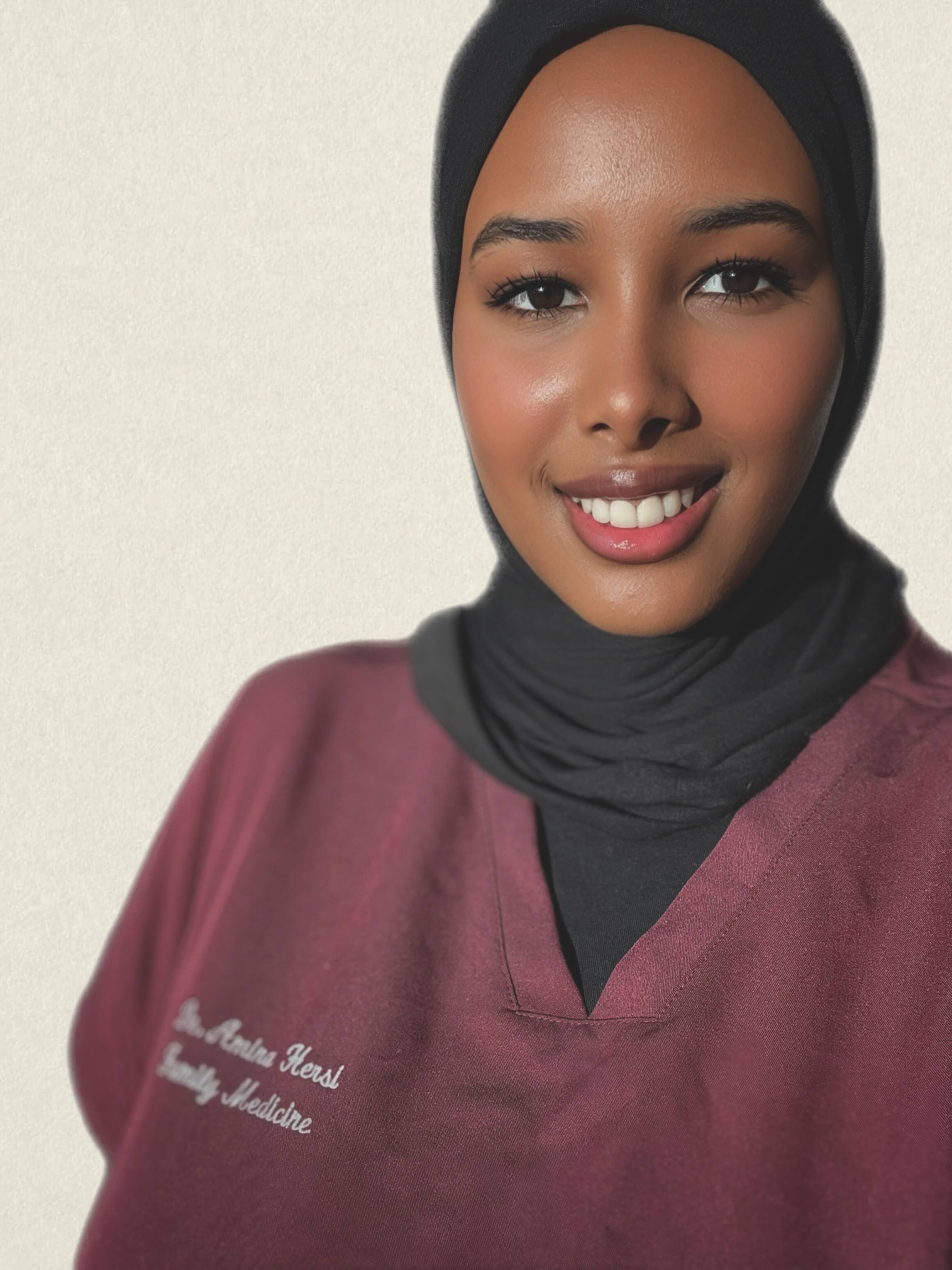
With over a decade of medical experience, a diploma from the Royal College of Obstetrics and Gynaecology, and her own lived experience of PCOS, Dr Hersi combines clinical insight with a deep understanding of the personal challenges this condition brings. She’s passionate about cutting through misinformation, tackling stigma, and sharing science-led, practical advice to help people live healthier, more confident lives with PCOS - beyond fertility alone. Dr Hersi launched Polybiotics in 2021 after spotting a gap in the market for clean, convenient, clinically backed supplements for hormonal health.
You might also like to read... Managing PCOS symptoms

